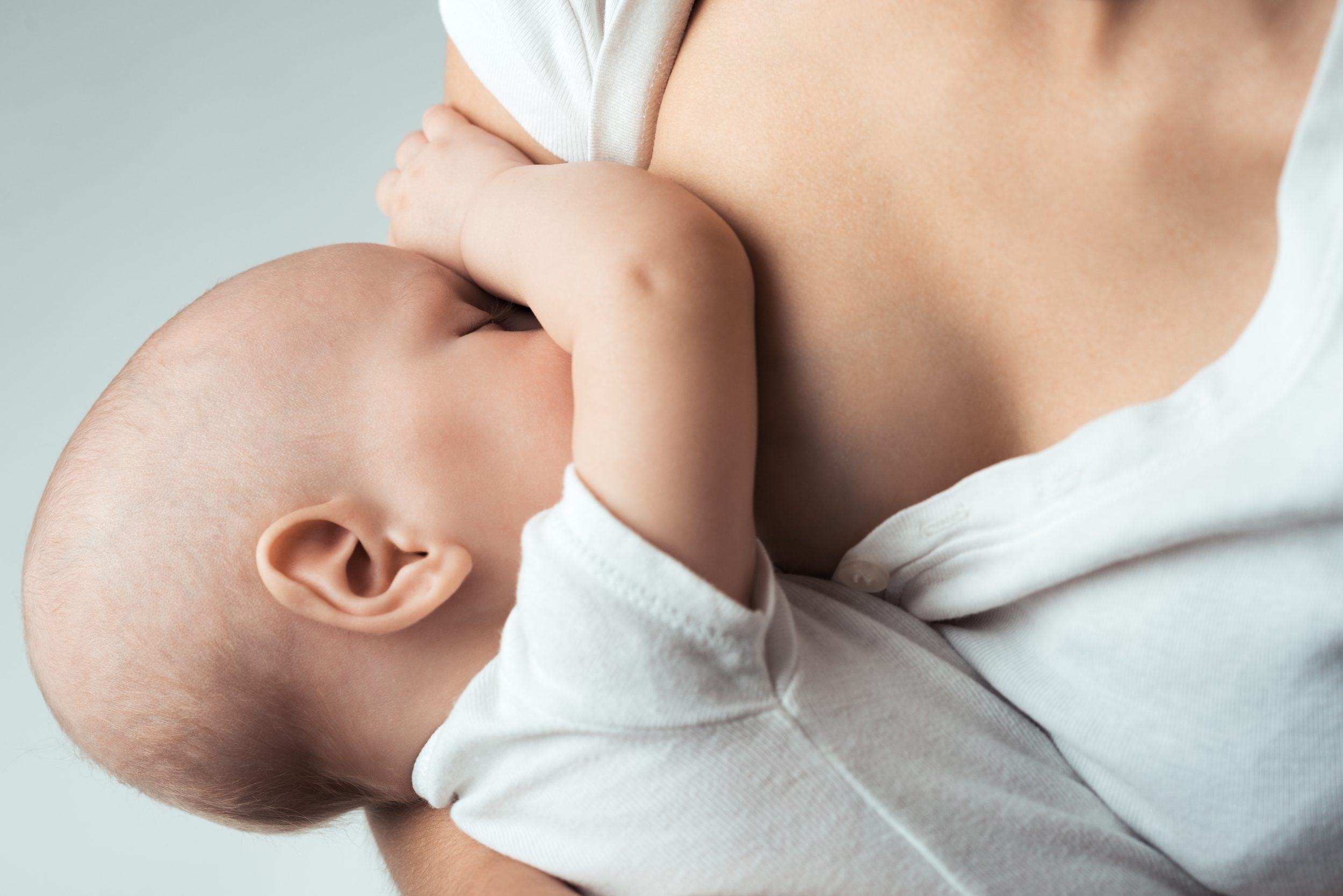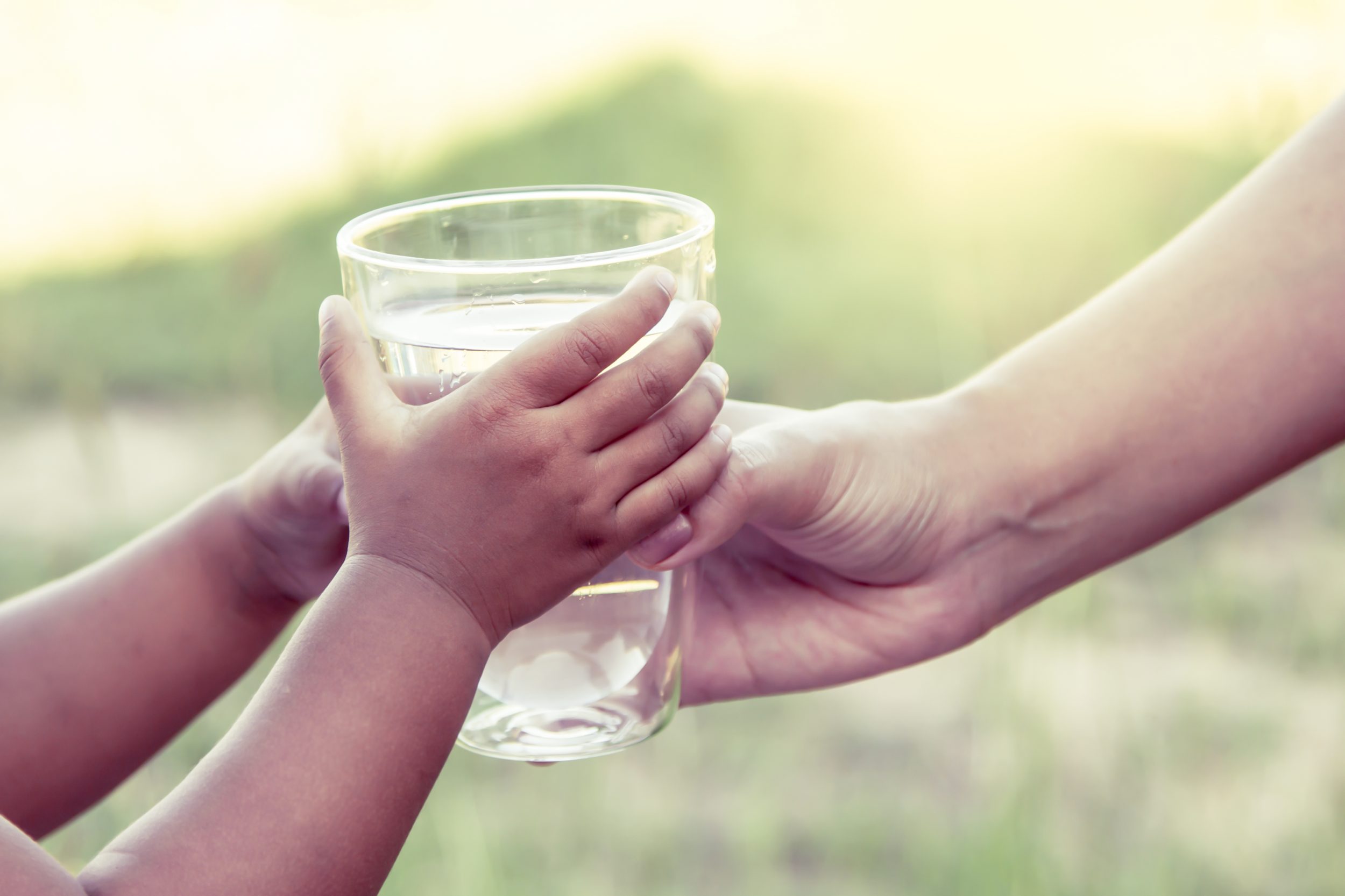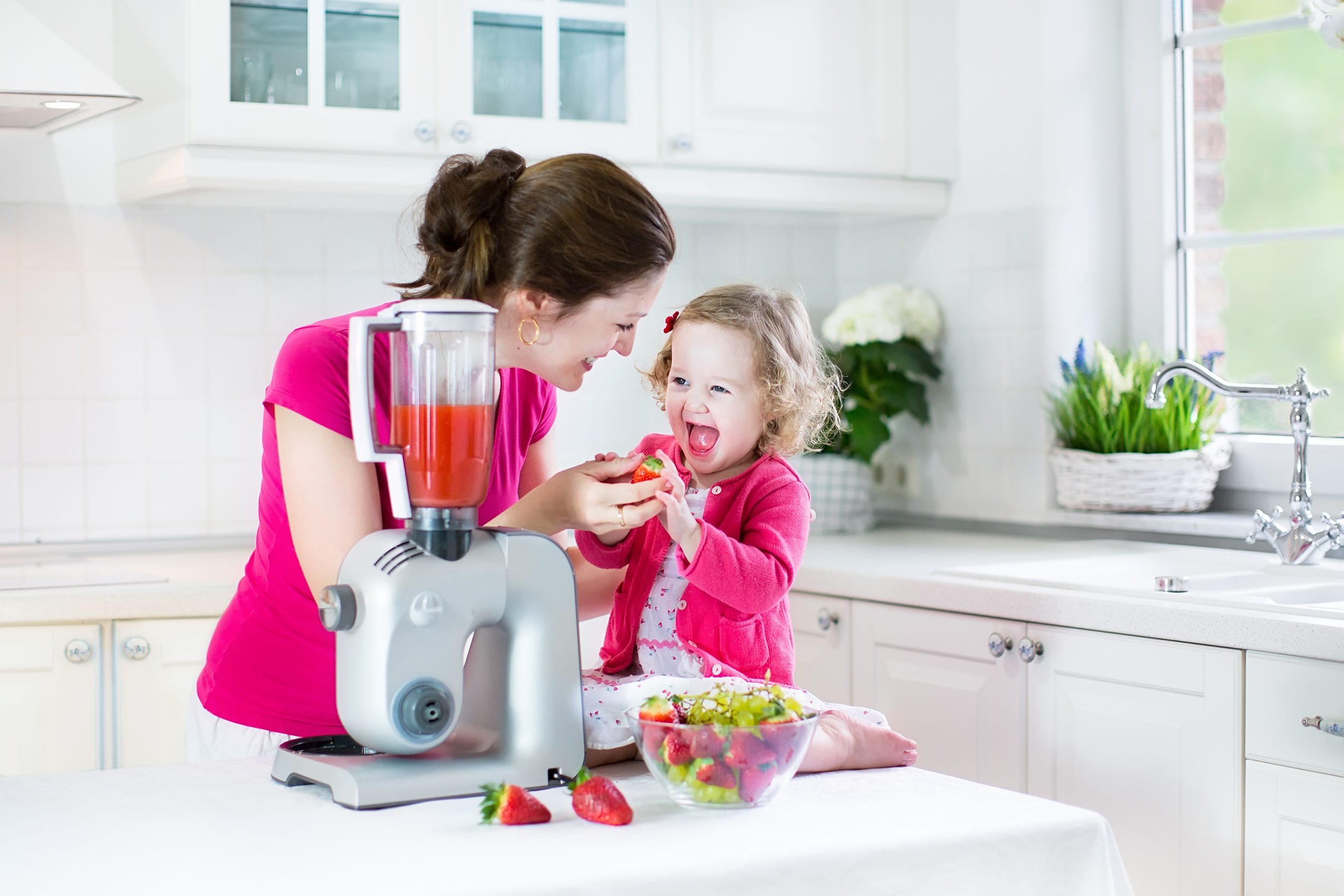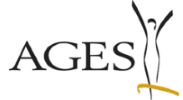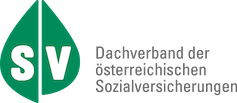How many calories do pregnant women and breastfeeding mothers need?
From the 13th week of pregnancy and when breastfeeding, women need a little more calories. But not as many more as many people think. Pregnant women At the beginning of pregnancy, you don't need to eat more than usual. Only from the 13th week of pregnancy do you need a little more. However, an additional small snack is enough. For example, 1 small bowl of muesli or cereal flakes with 200 millilitres of low-fat milk. Half a litre of buttermilk and 1 apple. From the 28th week of pregnancy you will need a little more. Then you can eat 2 more small snacks a day. Instead of the 2 snacks, you can also eat one larger meal more ...
Vitamin and mineral sources
Which foods provide the substances that are so important for growth and well-being? The following table gives you an overview of all the important vitamins and minerals and where they are contained. Vitamins Vitamin A A healthy diet includes - Carrots - Spinach - Kale - Broccoli - Lamb's lettuce - Other intensely coloured green vegetables. CAUTION: As liver can contain very high amounts of vitamin A, pregnant women should avoid eating liver in the first trimester of pregnancy! Vitamin B1 Muscle meat, especially pork Wholemeal products (e.g. buckwheat, spelt, wheat, oatmeal) Pulses such as peas Sunflower seeds, peanuts and pine nuts Niacin Fish (anchovies, salmon, mackerel) Mung beans (especially sensitive ...
Advantages of breastfeeding
Breast milk has many benefits for the baby and also for the mother. Breast milk is the best nutrition for babies in the first few months of life. Breast milk contains all the important nutrients in the right quantities for your baby. It adapts to your baby's development. Breast milk is also practical: it is always at the right temperature and is always with you. Breastfeeding helps to ensure that the relationship between mother and child develops well. Breastfeeding is also good for the health of both mother and child. Studies have shown that breastfed babies get fewer infections. For example, gastrointestinal infections or infections ...
First drinks
If you are only breastfeeding your child, it does not normally need any additional drinks. If you give your child complementary foods, you can also offer additional liquids. Complementary food is food that the baby gets in addition to breast milk. Your child will need drinks at the latest when it is eating the same food as the other family members. This is from around 10 months. Offer your baby liquids. But it should decide for itself how much it wants to drink. Water is best. It is better not to give your baby any drinks with sugar or juices. He doesn't need them. Under no circumstances should your baby be given drinks with ...
Mit diesen Lebensmitteln wird Ihr Kleinkind gut versorgt
Plenty of fluids: water is best Infants need fluids regularly. How much they need depends, for example, on their temperature and exercise. Toddlers should drink 6-7 portions of fluids a day, especially drinking water. One portion for small children is 1/8 litre, i.e. 125 millilitres. Drinking water is the most important food. Your child should only rarely drink fruit juices. If you do offer fruit juice, dilute it heavily with water. Avoid drinks with a lot of sugar. For example, soft drinks, fruit nectar or diluted syrup. Or tea sweetened with sugar, honey or syrup. There is a lot of sugar in these drinks. This can cause tooth decay.
A child’s development
Don't forget: Every child is different. This text is only intended to provide an overview. Physical skills You need to support your baby's head. Eating skills The baby knows how to suck, swallow and breathe correctly when breastfeeding or drinking from a bottle. A baby gives these signals when it is hungry or full The baby cries when it is hungry. The baby looks at the carer and is amazed. It opens its mouth during feeding. The baby gives clear signs when it wants to continue drinking. When the baby is full, it refuses the nipple or the bottle. It listens ...



